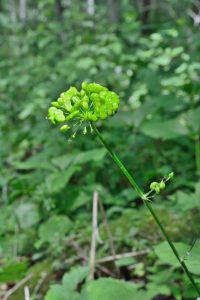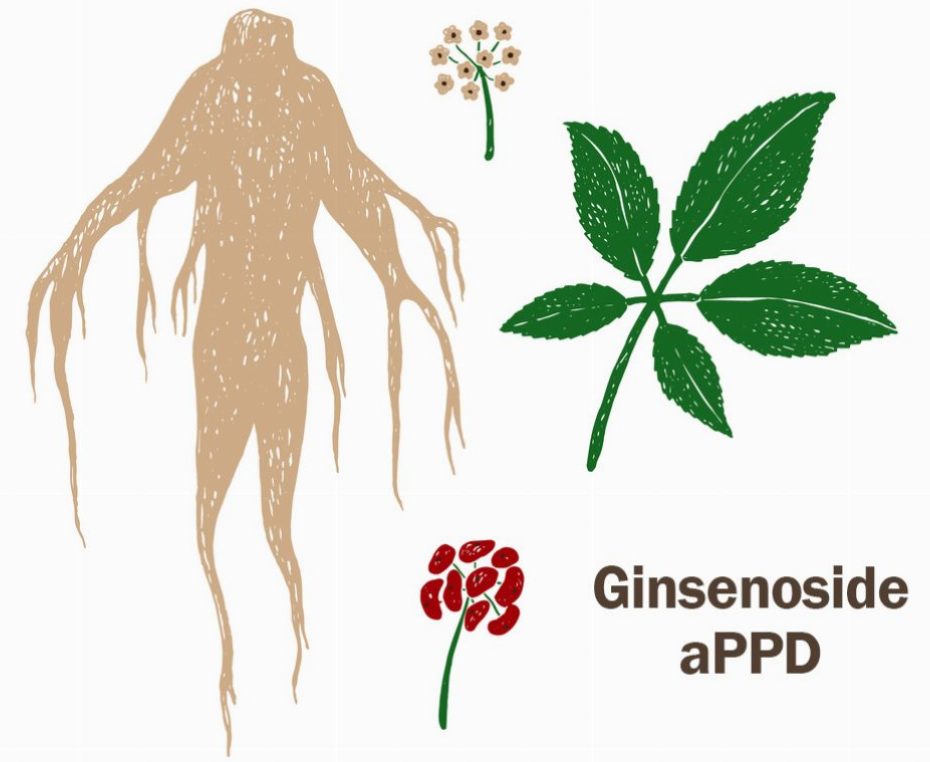Ginsenoside Rh2 inhibits lung cancer cell proliferation and invasion
Lung cancer is the top leading cause of cancer death in the world. Despite huge advances in lung cancer medicine development in recent years, there is still a need to find potential advantageous agents to improve the therapeutic efficacy among lung cancer patients.
Ginsenosides may be a promising treatment for lung cancer. According to a recent study published in the journal Experimental and Therapeutic Medicine presents that ginsenoside Rh2 inhibited the proliferation and invasion of lung cancer cells.
As the main pharmacological active substances in ginseng, ginsenosides are responsible for a variety of health-promoting benefits, including antioxidant, anti-inflammatory, and antitumor activities. Ginsenoside Rh2 is a rare ginsenoside which has much higher bioactivity than naturally occurring ginsenosides such as Rb1, Rb2, Rg1, etc. in ginseng.
Though there are many studies suggesting the antitumor activities of ginsenoside Rh2, the function of ginsenoside Rh2 in lung cancer cells still keeps unclear. The researchers of the study aimed to figure out whether ginsenoside Rh2 could regulate the proliferation of A549 lung cancer cells and the possible molecular mechanisms involved.
Focusing on cell proliferation is a quite natural decision since proliferation is a prominent hallmark for cancer. Tumors usually occur when cells begin to grow and divide out of control.

As for possible mechanisms, researchers focused on investigating the expression of Wnt and Hh signaling markers, two of which have been well documented to associate with cancer development and progression.
Some critical findings from the experiments include:
- Ginsenoside Rh2 treatment showed significant inhibitory effects on A549 lung cancer cells.
- Ginsenoside Rh2 reduced the expression of Wnt and Hh signaling genes in A549 lung cancer cells.
- Rh2 induces the phosphorylation of α‑catenin, a known tumor suppressor.
In the investigation on the possible mechanisms of how ginsenoside Rh2 inhibited the proliferation in A459 lung cancer cells, researchers found that ginsenoside Rh2 might activate α‑catenin phosphorylation to suppress Wnt and Hh signaling genes so as to achieve anti-proliferation effects.
The intro study confirmed the anti-proliferation activities of ginsenoside Rh2 in A549 lung cancer cells, suggesting that ginsenoside Rh2 could be potentially used as an adjuvant to help lung cancer treatment.
The study is significant in helping expand our understanding of the molecular mechanisms of ginsenoside Rh2 in lung cancer cells.
The researchers also stated that there still needs further research to investigate the regulatory model of ginsenoside Rh2 on Wnt and Hh signaling pathways.
Reference:
Zhang, G., He, L., Chen, J., Xu, B., & Mao, Z. (1899). Ginsenoside Rh2 activates α‑catenin phosphorylation to inhibit lung cancer cell proliferation and invasion. Experimental and Therapeutic Medicine, 0, 0-0. https://doi.org/10.3892/etm.2020.8543


